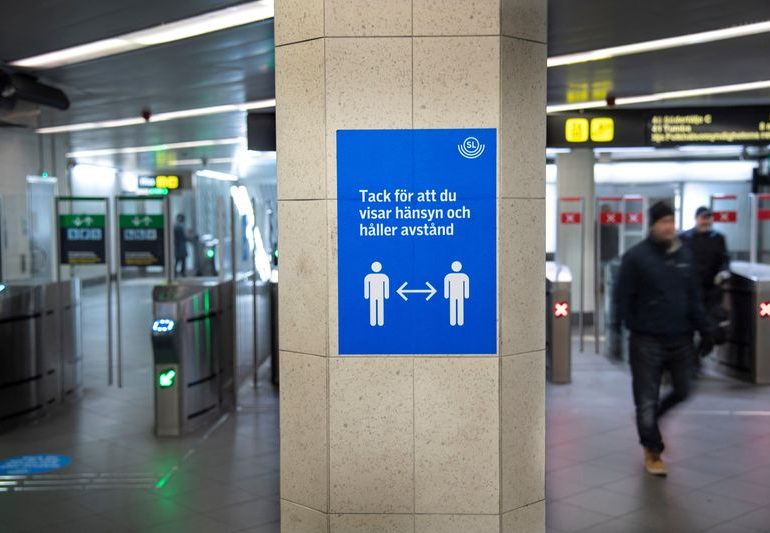STOCKHOLM (Reuters) – Sweden should have shut venues and taken other tougher measures early in the COVID-19 pandemic, though its no-lockdown strategy was broadly beneficial, a commission said on Friday.
Sweden polarised opinion at home and abroad when it chose not to follow most of the rest of the world in ordering lockdowns and adopted a largely voluntary approach of promoting social distancing and good hygiene.
The commission – set up by the government under pressure from parliament – said Sweden’s broad policy was “fundamentally correct”.
“It meant that citizens retained more of their personal freedom than in many other countries,” the report read.
But the panel of eight experts, including professors of economics and political science, said the government should have taken clearer leadership and acted sooner.
The criticisms could become a liability for the ruling Social Democrats with elections due in September.
“In February-March 2020, Sweden should have opted for more rigorous and intrusive disease prevention and control measures,” the commission said in the report.
It criticised decisions not to close venues such as restaurants and shopping centres even briefly and to reject face masks early in the pandemic.
It also said the government had delegated too much responsibility to government agencies, primarily the Health Agency, and that it was not always clear who took decisions.
“In a crisis, there must be no uncertainty about who is in charge,” it said.
Sweden only gradually tightened curbs and never closed schools for younger children. Authorities eventually recommended masks, but only for situations such as rush hour commutes.
More than 17,000 people have died from or with COVID-19 in Sweden, far more per capita than among Nordic neighbours but fewer than in most European countries that opted for lockdowns.
Statistics agency Eurostat figures showed the country had 7.7% more deaths in 2020 than its average for the preceding four years, among the lowest excess mortality rates in Europe.
Previous commission reports have highlighted serious deficiencies in the elderly care going into the pandemic, such as understaffing and poor hygiene.
Sweden has not seen the large-scale protests against COVID curbs that have rocked many other countries.
Leave a comment

